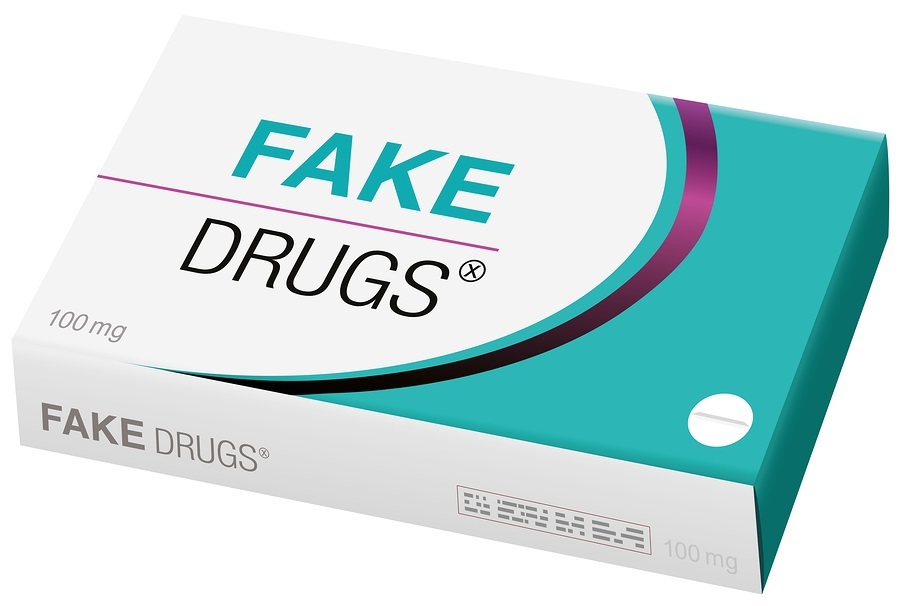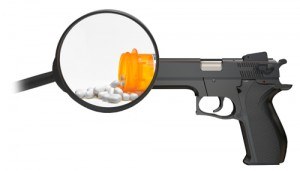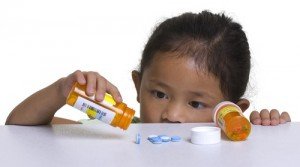Study: Science Used to Approve Antidepressant Drugs Does Not Show Efficacy
The largest, most expensive antidepressant efficacy study involving over 4,000 initial participants ended in 2006. The purported intention of the study was to provide real-life results instead of the shorter clinical trial results that are done to get antidepressant drugs approved. But the results were not clear regarding antidepressants' true efficacy compared to clinical trials. Safety was not a consideration, just efficacy at reducing depression. A new study has recently re-analyzed this massive STAR*D (Sequenced Treatment Alternatives to Relieve Depression) study funded by the National Institute of Mental Health (NIMH) and found evidence that there was obfuscation, intended or unintended, that made antidepressant efficacy look better than it actually is. Earlier this year, 2018, a published paper, Do outcomes of clinical trials resemble those “real world” patients? A reanalysis of the STAR*D antidepressant data, demystified this study and provided a clearer picture of real-world antidepressant efficacy. As one psychiatrist skeptical of antidepressants, Dr. Joanna Moncrieff, reported after reviewing the 2018 reanalysis of the STAR*D paper: "[The 2018 reanalysis was done] 14 years after the [STAR*D] study was finished. What in the world were the main findings of the world's largest ever antidepressant trial doing being presented now in a little-known journal? The answer may lie in the fact that they show how miserably poor the results of standard medical treatment for depression really are! … people taking antidepressants do not do very well. In fact, given that for the vast majority of people depression is a naturally remitting condition, it is difficult to believe that people treated with antidepressants do any better than people who are offered no treatment at all."












